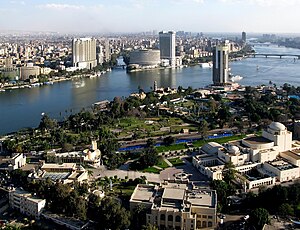 Image via Wikipedia
Image via WikipediaThe FT article below highlights the situation facing us. It is absolutely critical that we work to find innovative solutions to problems of poverty. Rising food prices and water supply shortages will prove to be one of the most important catalysts for social and political unrest and reform over the next few decades.
Opportunities abound for those who can move ideas from concept to manifestation. Often, creative folks are not the same one’s who can put structure around their ideas. Likewise those who are successful manager’s frequently do not have the “powerful vision.” These people need even more simple, sophisticated and productive ways to come together. We have one format for unleashing creativity in the “hollywood producer/artist model.” Are there other new ideas for creating an environment where ideas people and the formation and management people can work together to create shared value? What do you think?
Unrest is the price of soaring food costs






